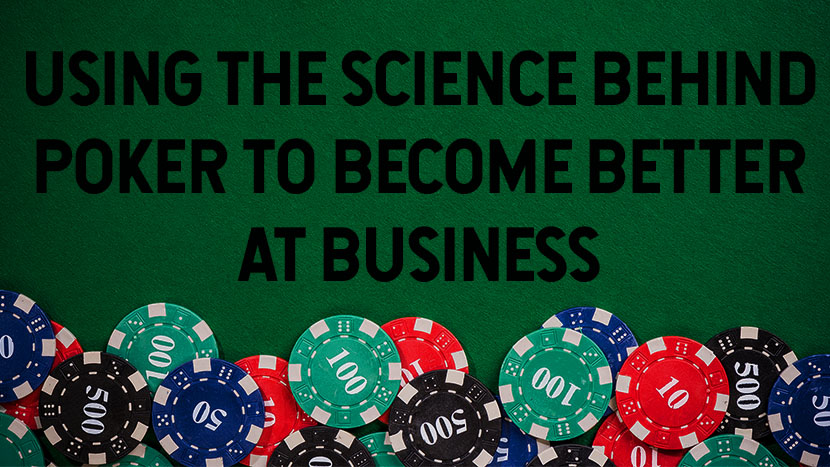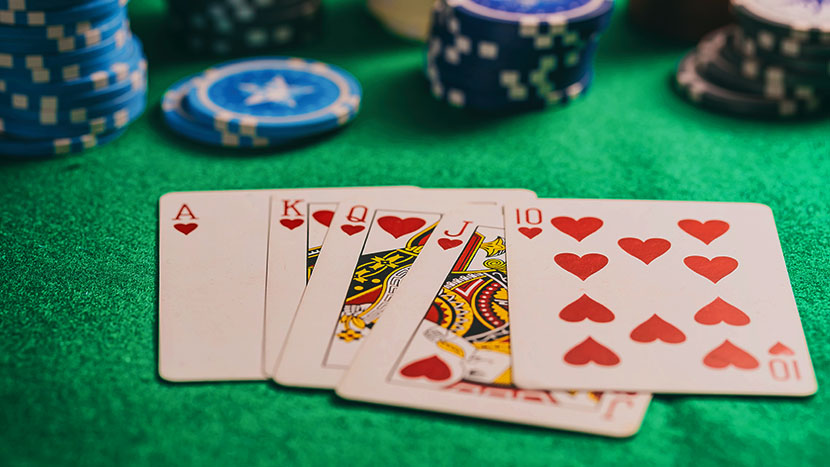Using The Science Behind Poker to Become Better at Business
In 2018, renowned psychologist, author, TV presenter and poker player Maria Konnikova gave a presentation at the NeuroLeadership Summit and told delegates that playing poker had improved her decision-making skills in other areas of her life, both professional and personal.
It is easy to write off poker as a game of chance, but that’s an argument that simply doesn’t hold water. Random events influence everything around us, and in poker, the random is the cards that are dealt. The real question is what the top poker players who win multiple WSOP professional poker titles, both online and in the real world, have that the rest of us lack. Is it something that can be learned and harnessed to help us make better business decisions?
Learning from Experience
Every poker hand provides a learning experience. Players can instantly see the consequences of their actions, both positive and negative. This kind of instant feedback is manna from heaven for a business manager, and leaders can achieve that if they implement a culture of feedback.
Regular and structured feedback discussions are more effective than ad hoc meetings and conversations. When giving and receiving feedback is a routine experience, managers and employees become accustomed to it, whether it is positive or negative.
Having this culture in place reduces the bad feelings that might otherwise surround negative feedback, and the social threat associated with giving it. When you break through that reluctance to give or receive negative feedback, you have a powerful and valuable tool at your disposal that will help a business achieve its goals.
Eliminating Bias
It is human nature to make bad decisions based on bias. Perhaps we have had a bad experience with a particular supplier, and mentally tag them as “trouble” when the problem actually resulted in corrective actions that make them a better choice than the rest. Konnikova says that in a fast moving and high stress working environment, there is “bias after bias after bias.”
That in itself should not surprise anyone. The human brain uses information from past experience to make decisions. The bias comes when we inappropriately place higher significance on outlying events and make the mistaken assumption that they accurately reflect the big picture.
Poker teaches us to eliminate bias by considering full data sets of past experience. A good poker player sees those freakish hands where a very good hand is unexpectedly beaten by a phenomenally good one for the outliers they are. Thinking like a poker player helps eliminate bias, and that means better business decisions. 
Mental Contrasting
We could spend a week discussing mental contrasting, but to put it in its simplest terms, it means comparing the known present with the desired future and judging not only the necessary steps, but also the realistic prospect of getting from point A to point B. The business benefits are obvious, and we have all seen business leaders who take too optimistic a view, or feel forced into high risk strategies to make that future state a reality.
Mental contrasting is something that the best poker players do very well. It is a long way from flop to river, and often, throwing in a hand is more prudent than even a well executed bluff.
All in all, skills that a science-minded poker player has accumulated over time can make for an excellent leader in business!
































































































